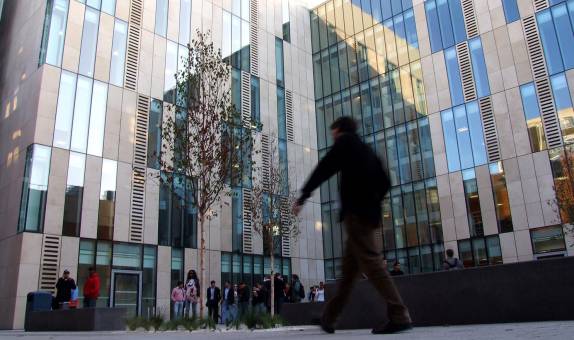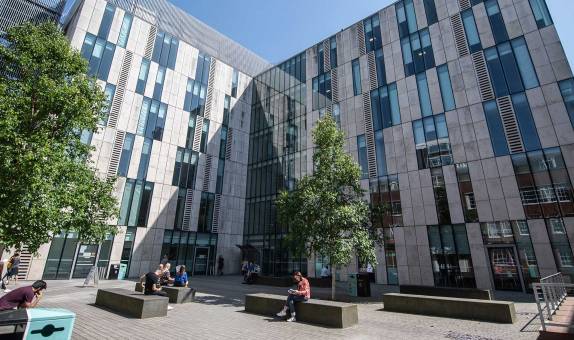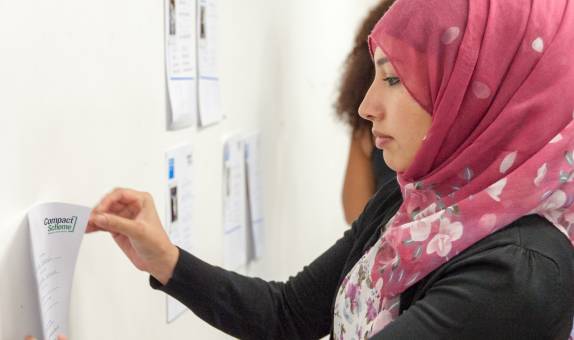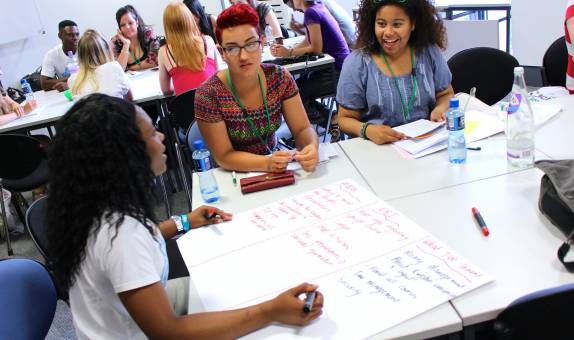Degree awarding gap
Significant and persistent degree awarding gaps are found across the higher education sector and this has been a long-standing issue and concern for universities.
What is a degree awarding gap?
A degree awarding gap refers to the difference between the proportion of students from one group awarded a first class or upper second degree, compared with another group. For example, it may refer to the gap between the proportion of White students awarded higher grades compared with the proportion of Black students.
At Kingston we have long believed that addressing such gaps is an essential part of advancing equality and social justice and have made it a strategic priority. In the last decade we have reduced the degree awarding gap between Black, Asian and minority ethnic (BAME) students from 25.4% to 12.7%. However, we acknowledge there is still more work to be done.
Kingston's commitments
Like most other universities, Kingston still has significant degree awarding gaps between White and Black students, young and mature students, and students from the most and least deprived sections of society, based on the English Indices of multiple deprivation (IMD).
Our Access and Participation Plan commits us to achieving the following targets by 2025:
- Reduce the degree awarding gap between the most and least deprived IMD quintiles to 6%
- Reduce the degree awarding gap between White and Black students to 10%
- Reduce the degree awarding gap between young and mature students to 7%
These targets also form part of our Public Sector Equality Duty commitments.
How is Kingston reducing the degree awarding gap?
Inclusive Curriculum Framework
Central to our approach has been our award-winning Inclusive Curriculum Framework. This ensures that courses reflect the learning experiences of our diverse student body, that they are accessible to everyone and that no-one is disadvantaged.
Value-added metric
We have also developed a value-added metric that measures how far our students' grades differ from the sector average, with the same entry qualifications and subjects studied.
The value-added approach allows us to isolate student attainment from the effects of subject and entry qualifications and means we can focus attention on the institutional factors that may contribute to differential outcomes. It also helps us more accurately measure our progress.
A culture of equality
We are working hard to create a whole-institution culture of inclusivity across our courses and services that will improve the experience and academic success of all our students.
Research
We are contributing to change through leading and contributing to key sector research projects in this area.

















